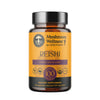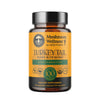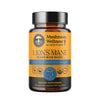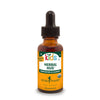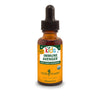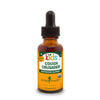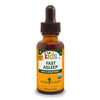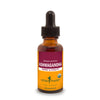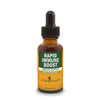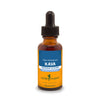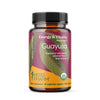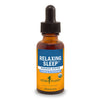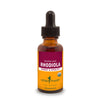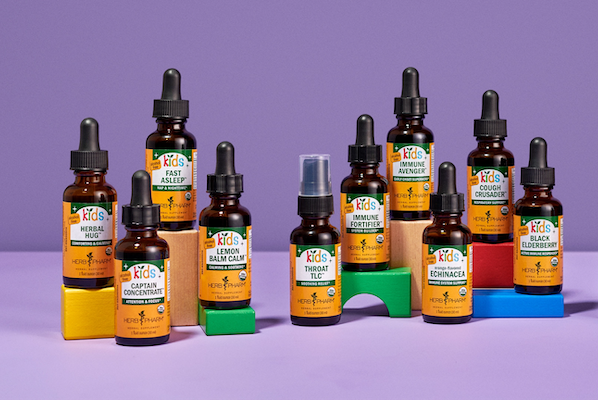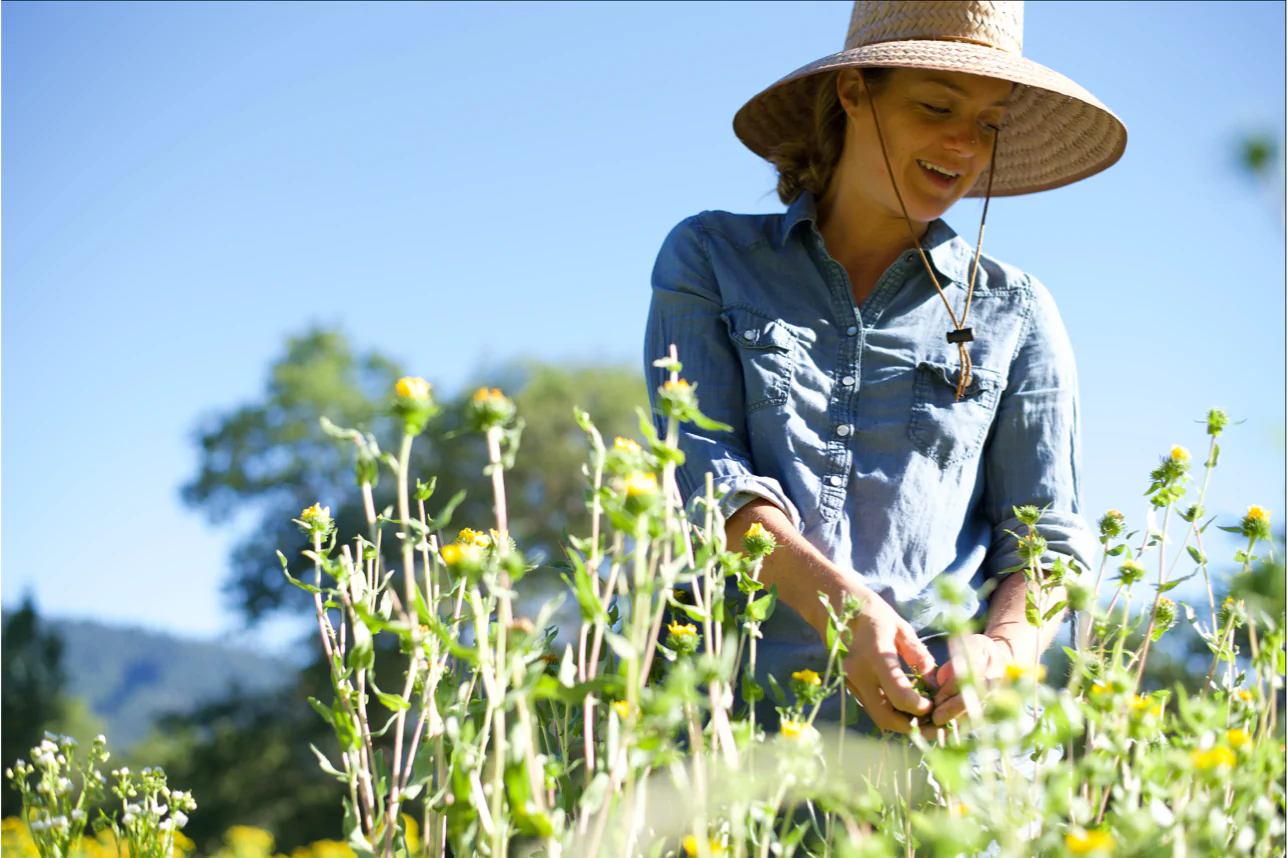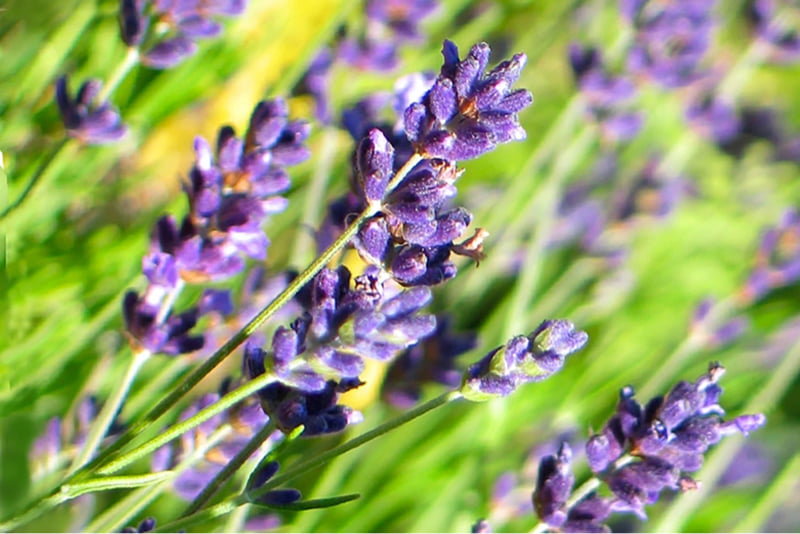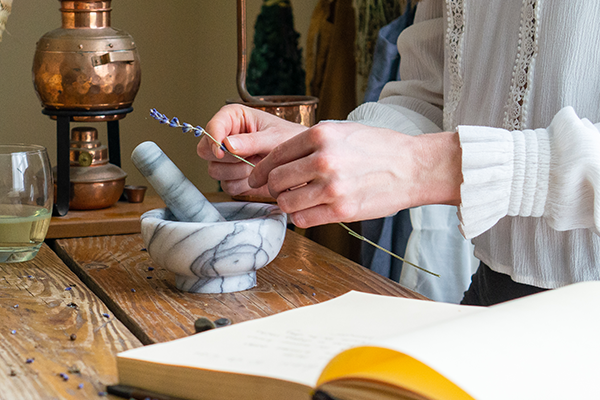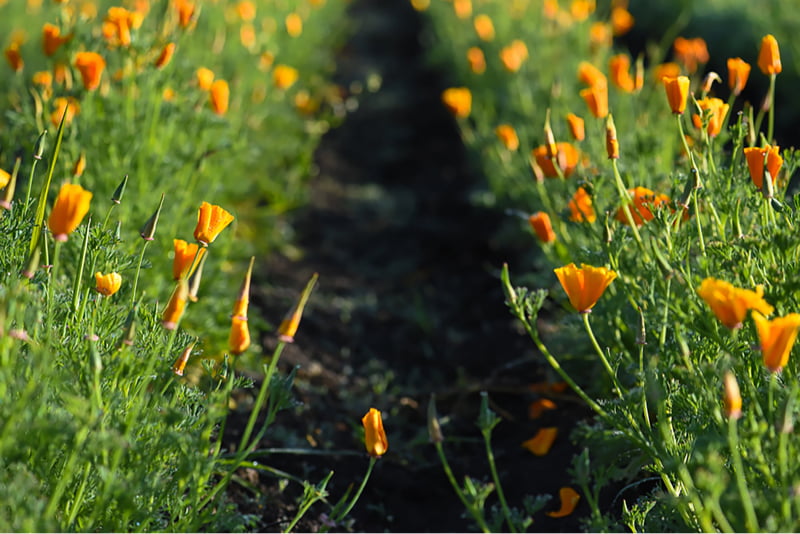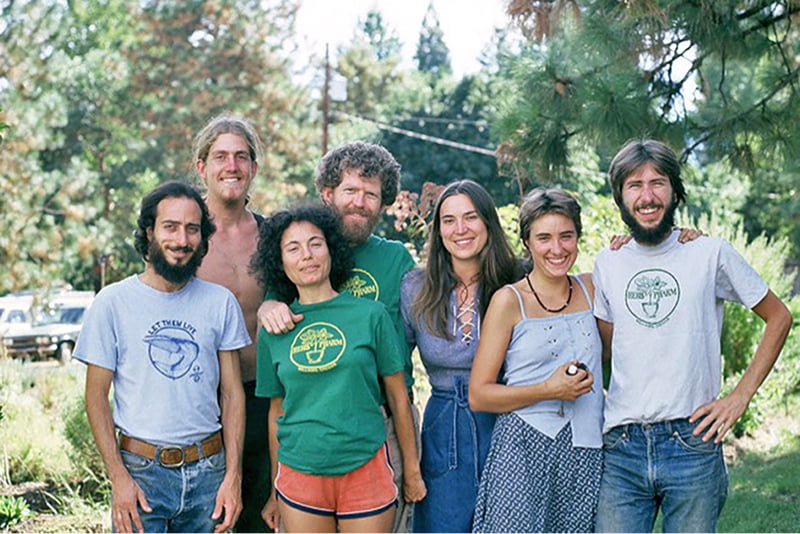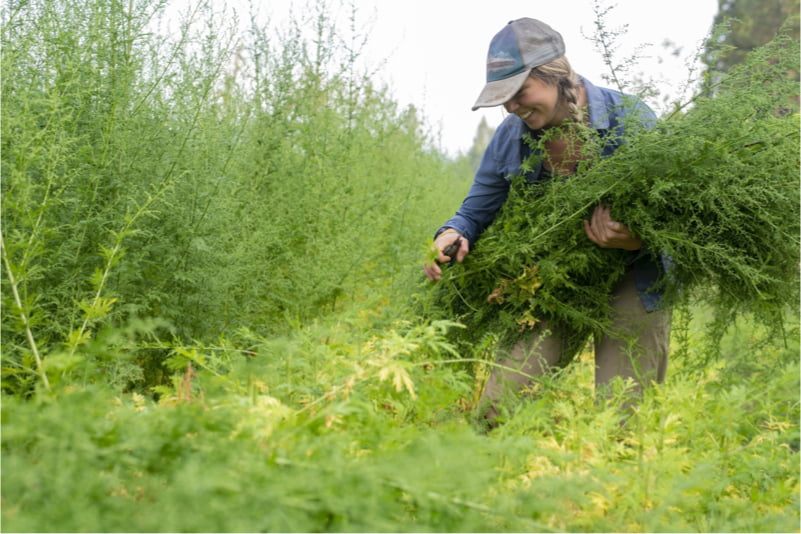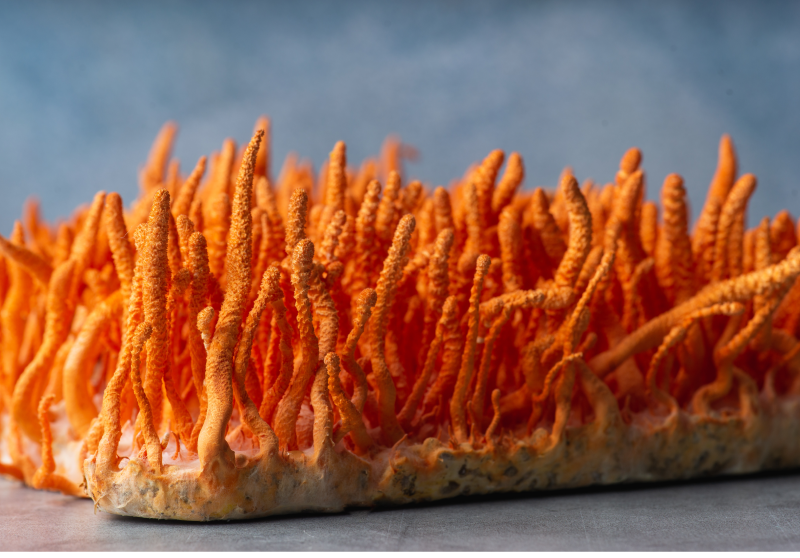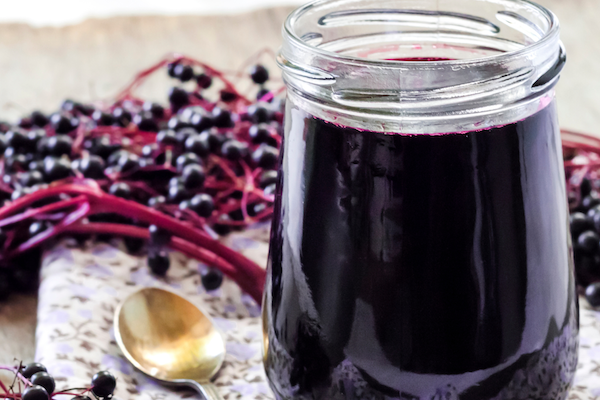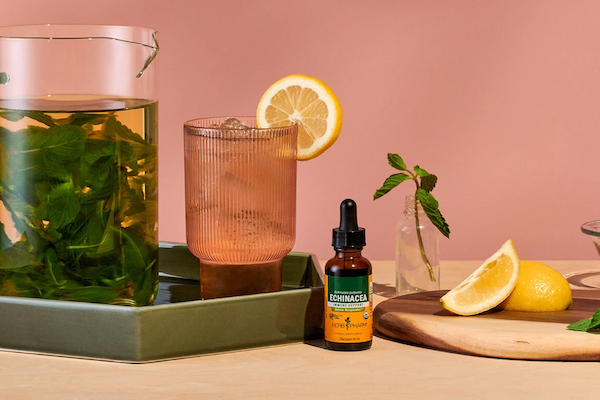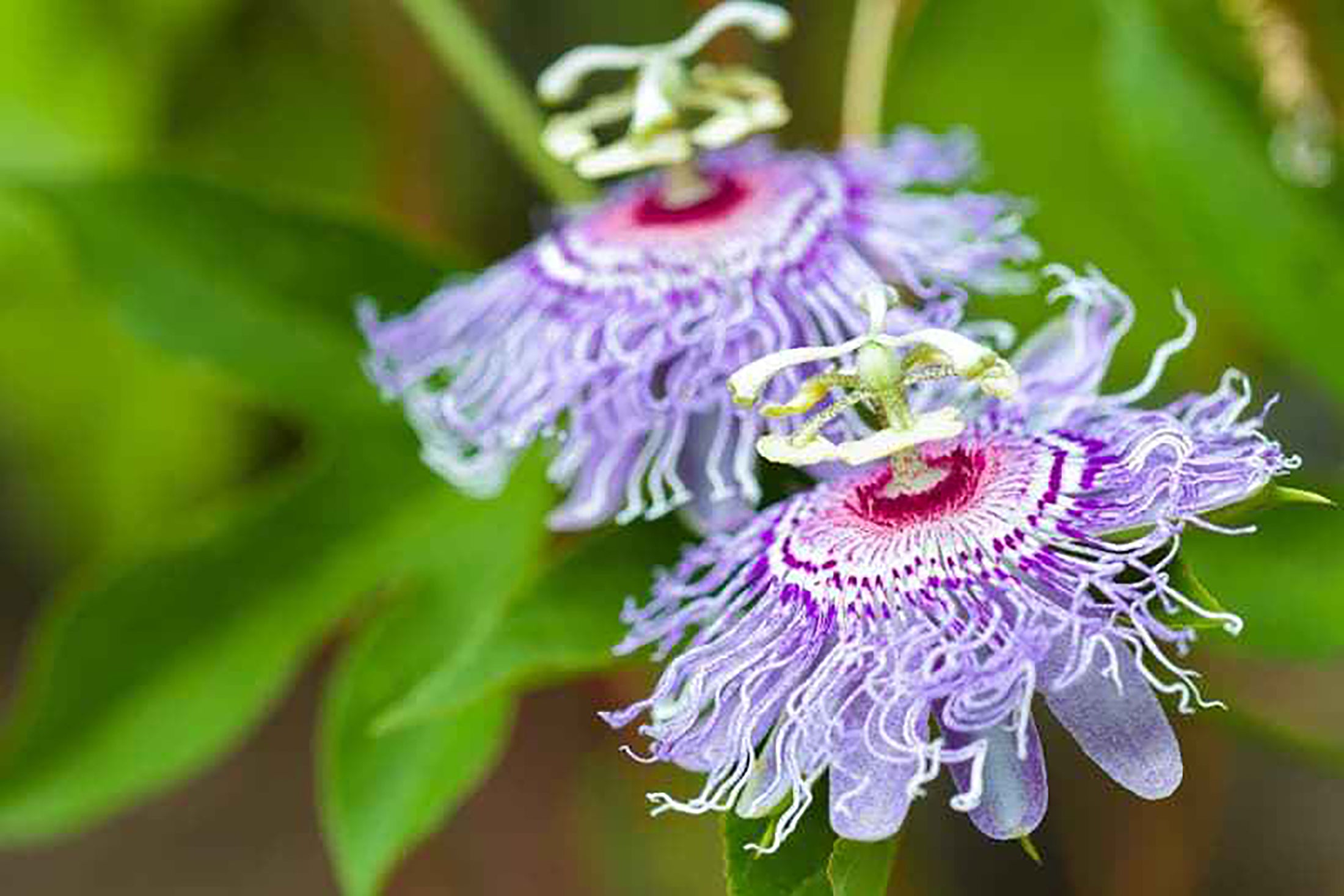Since 1979, our mission has been deeply rooted in supporting community and nature. When we say our purpose is
to serve plants, people, and the planet, we mean it. That’s why we’ve changed where and how we use the herb
Osha (Ligusticum porteri).
Previously, we have offered Osha as a single herb extract in addition to including it in two popular
formulas, Rapid Immune Boost™ and Lung Expectorant™. While our Osha single herb extract is still
available today, we have reformulated and replaced Osha with Elecampane in Rapid Immune Boost and Lung
Expectorant.
Why we chose to use less Osha
While we grow many of our own herbs right here on our Regenerative Organic Certified® farms in southern
Oregon, Osha is not among them. This herb, related to Carrots and Parsley, is native to most of the Rocky
Mountains, parts of the Southwest US, and northern Mexico. It prefers subalpine meadows at elevations
between 5,000 and 10,000 feet.
As such, Osha has both a limited growth range and limited availability. The harvest window is narrow — but
demand is high, which has created sustainability issues and put the herb’s long-term viability at risk. In
fact, Osha is officially “At-Risk,” according to the United Plant Savers. In the US, recreational
vehicles and grazing are mostly to blame, while overharvesting is the cause in northern Mexico.
We can easily replenish some herbs if we need more during the year. But not Osha. If we run out, there’s no
more supply left of this herb that meets our ethical and quality standards, and we must wait until the next
year’s harvest to restock our supplies.
We began discussing our use of Osha as a company several years ago. We source ours from reputable,
trusted partners who responsibly wildcraft Osha, always following proper collection practices and doing
their own part to keep this plant around for years to come. But Rapid Immune Boost and Lung Expectorant are
two of our best-selling products, which means our demands for Osha were much higher. We couldn’t simply buy
more if we need it — the supply is finite, and our standards are unwavering.
Starting in 2012, Kelly Kindscher, Ph.D., of the University of Kansas, conducted a multi-year sustainability
study on Osha. Our sales of Osha were put on pause for awhile during this study, which was sponsored by the
American Herbal Products Association’s Foundation for Education and
Research on Botanicals. The results, completed in 2017, were promising. Osha can recover from
harvesting. However, we decided to be pro-active and find alternative herbs for some products to further
protect this indigenous plant and avoid straining the native populations. We will continue to offer Osha as
a single herb extract, but we reformulated and replaced it with Elecampane in our Rapid Immune Boost and
Lung Expectorant formulas. And, of course, we continue to only use responsibly wildcrafted Osha.
Our trusted partners are more than aware of this plant's plight. They take precautions such as wildcrafting
in the late summer and fall before the snow cap comes. They allow the seeds to ripen and fall from the plant
to ensure the growth of new plants. They practice crown division, thereby harvesting a portion of the root
and replanting the living crown, allowing the root to regenerate and release more seeds the following
season. Our partners also monitor the plant stands and make sure not to harvest the same plant or stand year
after year, sometimes allowing the stand to recover for 8 to 12 years.
This isn’t the first time we’ve put plants first and decided to stop selling certain herbs. Decades ago, to
protect wild populations, we decided to source only Certified Organic, cultivated Goldenseal (Hydrastis
canadensis). For years we also removed American Ginseng (Panax quinquefolius) from our
product line until we found a trusted partner that was cultivating the plant organically.
Why we chose Elecampane
The shift from Osha to Elecampane doesn’t impact the quality or integrity of our Rapid Immune Boost and Lung
Expectorant formulas. Osha offers traditional support for the respiratory system — and so does Elecampane.*
But while Osha root must be wildcrafted, Elecampane can be grown organically. We’re fortunate that nature
gives us multiple herbs that offer similar support.
We prepare our Elecampane extract from the root of Inula helenium plants grown on our own Certified
Organic farms. The root is harvested only in its second year of growth, carefully shade-dried, then
thoroughly extracted.
With woolly leaves and beautiful yellow flowers that look like tiny Sunflowers, Elecampane is in the same
family as Sunflower, the Asteraceae. This plant’s history is full of interesting stories. Its species
name, helenium, is named for Helen of Troy, the fabled beauty of ancient Greece. It’s said that
Elecampane plants sprung up everywhere her tears fell as she was abducted from Sparta.
In Switzerland and France, Elecampane is one of many herbs used to make absinthe, and it was sacred to the
ancient Celts. Some call it Elfwort, as Elecampane was linked to the myth and lore of elves and fairies.
Elecampane is intensely aromatic and resinous with bitterness and acidity. This is compared with Osha’s
sharp, intense aromatic quality resembling strong Celery. You may notice a slight difference in taste when
Elecampane replaces Osha in our Rapid Immune Boost and Lung Expectorant formulas, but you can always taste
the strength and qualities of the herbs in our extracts. Both herbs are highly regarded by herbalists, and
they’re aromatic, warming, and resinous respiratory herbs.*
